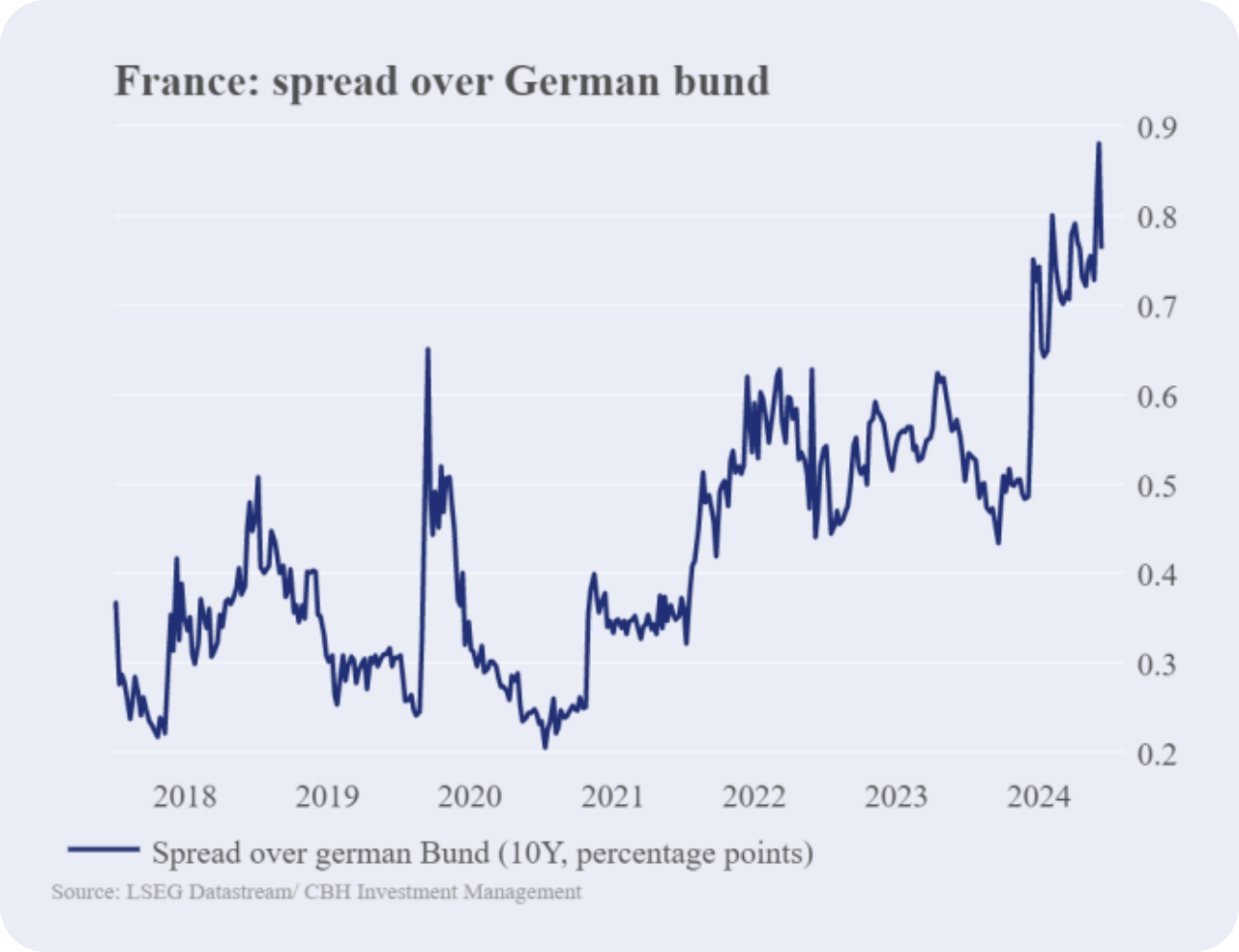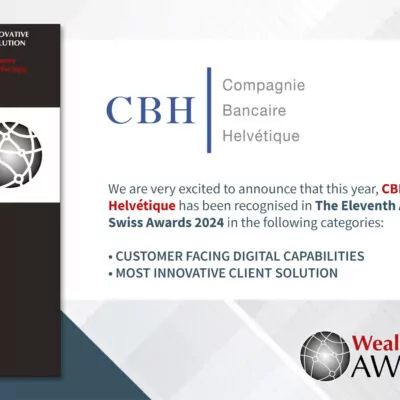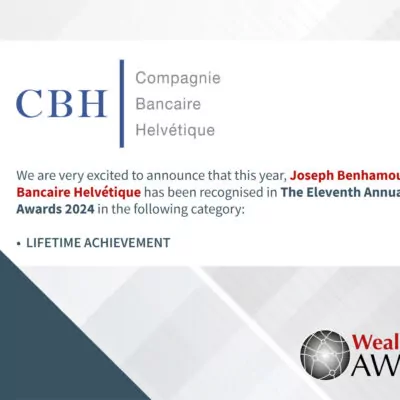Focus: Political Risks
From Europe to Korea: Managing Risks in a Politically Volatile World
French political crisis
The situation in France is more complex. After the European elections, President Macron called for early parliamentary elections, which resulted in a fragmented parliament divided into three blocs. As a result, he formed a coalition government in early September that appeared fragile and lacked a parliamentary majority.
As expected, the government led by Prime Minister Michel Barnier did not survive the budget process in the French Assembly. On December 4, he was ousted following a “motion of censure” passed by a coalition of the far right and far left as the government attempted to implement a deficit-cutting budget.
The new government (which hasn’t even been appointed yet) will face the same difficult parliamentary equation, especially given France’s limited tradition of coalition building. As a result, the country is likely to suffer months of political, fiscal and regulatory uncertainty. This could undermine consumer and investor confidence, with France’s risk premium likely to remain elevated, corporate investment weak and GDP growth potentially impacted.
France is in an “excessive deficit procedure” initiated by the European Commission, but the sustainability of its public debt is not in question. The situation is not comparable to the Greek debt crisis or the Truss mini-budget that triggered a debt crisis in the UK in 2022. France’s ability to collect taxes is intact and several parties share a genuine willingness to reduce the budget deficit. In addition, France continues to benefit from a strong institutional investor base, with all bond sales oversubscribed. Investors are demanding a premium to sanction France’s political uncertainty, lack of public spending efficiency and fiscal discipline.


Breakup of the German coalition, for the better?

Like its runner-up, Germany, the eurozone’s largest economy, is struggling with political uncertainties. On November 6, the Social Democratic Chancellor, at odds with his liberal allies over economic and budgetary policy, fired his finance minister, C. Lindner, after he refused to suspend the debt rule to allow for more aid to Ukraine. Therefore, M. Scholz has decided to call for a vote of confidence in parliament, which will take place on 16 December and is expected to trigger early general elections at the end of February 2025.
The situation in Germany seems similar to that in France, but the stakes are different. Germany is facing cyclical and structural economic difficulties, partly due to the debt brake rules. With the CDU indicating flexibility on the debt brake, there is hope that the rule could be modified in 2025, paving the way for higher public investment to help modernize infrastructure, raise productivity and increase potential growth.

Breakup of the German coalition, for the better?

Like its runner-up, Germany, the eurozone’s largest economy, is struggling with political uncertainties. On November 6, the Social Democratic Chancellor, at odds with his liberal allies over economic and budgetary policy, fired his finance minister, C. Lindner, after he refused to suspend the debt rule to allow for more aid to Ukraine. Therefore, M. Scholz has decided to call for a vote of confidence in parliament, which will take place on 16 December and is expected to trigger early general elections at the end of February 2025.
The situation in Germany seems similar to that in France, but the stakes are different. Germany is facing cyclical and structural economic difficulties, partly due to the debt brake rules. With the CDU indicating flexibility on the debt brake, there is hope that the rule could be modified in 2025, paving the way for higher public investment to help modernize infrastructure, raise productivity and increase potential growth.
CBH Bank rewarded by WealthBriefing
We stood out in the Customer Facing Digital Capabilities category, with our intuitive and user-friendly system built from the ground up, and in the Most Innovative Client Solution category, impressing the judges with our digital ecosystem and CBH Mobile banking app.
Joseph Benhamou was also honored with a Lifetime Achievement Award, recognizing the building of a legacy business and career that has clearly made him a respected figure in the industry.
Coming on the heels of the “Outstanding Wealth Management Technology Platform in Switzerland” award received in December, these 3 awards are yet another testament to the strategic vision of our leadership team and to the dedication of our tech teams.
We would like to thank the judges for recognizing the dedication and hard work of our teams in setting our bank apart and providing the best possible experience for our clients.






